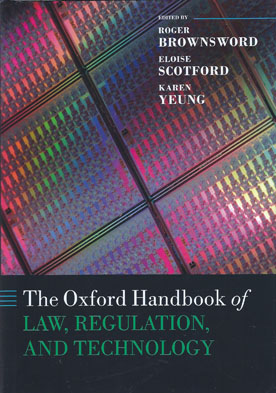We are now closed for the Christmas and New Year period, returning on Monday 5th January 2026. Orders placed during this time will be processed upon our return on 5th January.

The variety, pace, and power of technological innovations that have emerged in the 21st Century have been breathtaking. These technological developments, which include advances in networked information and communications, biotechnology, neurotechnology, nanotechnology, robotics, and environmental engineering technology, have raised a number of vital and complex questions.
Although these technologies have the potential to generate positive transformation and help address 'grand societal challenges', the novelty associated with technological innovation has also been accompanied by anxieties about their risks and destabilizing effects. Is there a potential harm to human health or the environment? What are the ethical implications?
Do these innovations erode of antagonize values such as human dignity, privacy, democracy, or other norms underpinning existing bodies of law and regulation? These technological developments have therefore spawned a nascent but growing body of 'law and technology' scholarship, broadly concerned with exploring the legal, social and ethical dimensions of technological innovation.
This handbook collates the many and varied strands of this scholarship, focusing broadly across a range of new and emerging technology and a vast array of social and policy sectors, through which leading scholars in the field interrogate the interfaces between law, emerging technology, and regulation.
Structured in five parts, the handbook:-